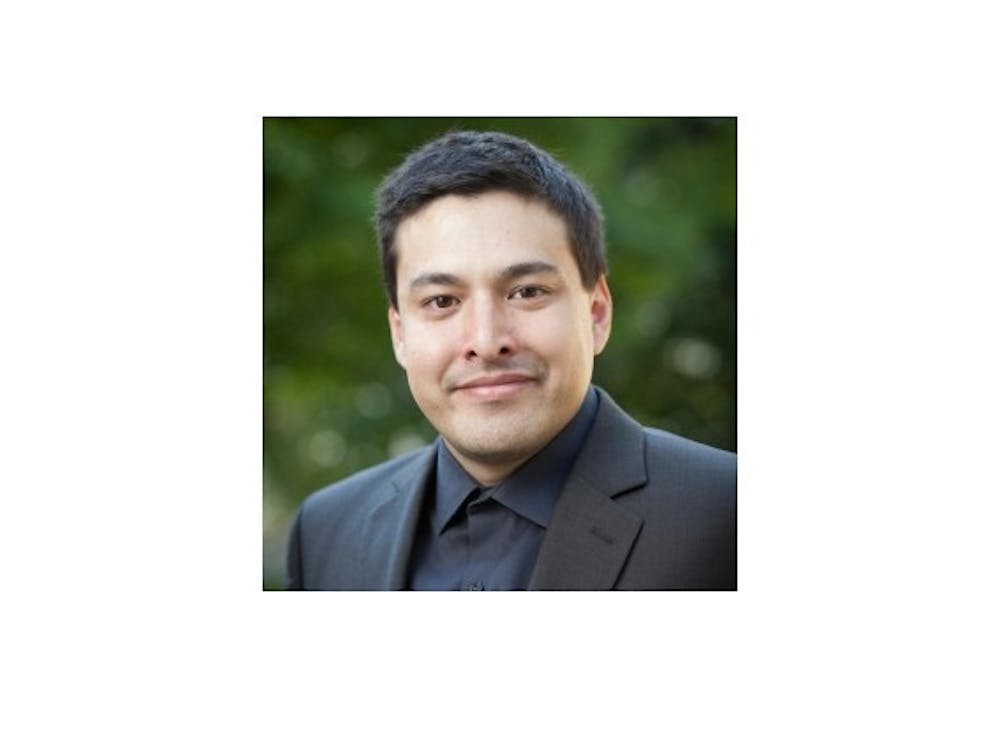The Chronicle sat down with Jason Locasale, associate professor of pharmacology and cancer biology, to explore the evolution of the path that made him one of the most sought-out cancer researchers in the world. He discussed what brought him to Duke and his research here with the Locasale Lab on metabolism in cancer. This interview has been edited for length and clarity.
The Chronicle: What inspired you to work at the intersection of food science and cancer? Was there a movie moment that makes you wake up every day and go at this mission?
Jason Locasale: So, it’s a long story. I was always interested in science—astronomy and planets. I considered majoring in English. At the root of it, I was always interested in how things worked, why things worked. This eventually led to a chemistry major and a Ph.D in chemistry. A lot of the human body could be understood from the kind of chemistry I was interested in. Soon, I also recognized my fascination with biology. I wanted an area where I could apply chemistry to biology, so I eventually did my dissertation on signal transduction—how cells sense hormones and use the presence of those hormones to fuel processes in cells.
But all along, I knew there was something else I wanted. I wanted to take these intellectual curiosities and use them to impact people to have a larger societal effect. As I became more exposed to biomedical research, I found the perfect intersection of these passions during my postdoctoral fellowship. I worked in a cancer hospital that was conducting research about how cancers were metabolizing sugar. It was the perfect storm of all the things I was interested in, in terms of chemistry and cutting-edge oncology research.
TC: Your geographic journey is quite the ping pong ball—Rutgers, Harvard and now Duke. What brought you to Duke?
JL: When I came here, I was very interested in biomedical research, but I also liked academics. I like interacting with, mentoring and nurturing students. I really liked that Duke was a place where they had their medical school right on the campus. You mentioned Harvard, for instance. At Harvard, the undergrads are separated from the medical school. When I was working at Harvard, it was more like working at a hospital. I enjoy student-professor types of interaction, and I could get a lot more of that at Duke.
TC: Describe the proudest moment in your research with the Locasale Lab at Duke.
JL: I think I’ll preface by saying that, within research, my highs are not as high and my lows are not as low. It’s something where I try to keep a more tempered experience. If you’re going to fail nineteen times and succeed one time, it might be too mentally taxing on your psyche to be downtrodden so much. It’s like everything is perfect for this one aha-moment and then you are back to the ‘failures.’
I was one of the first people, if not the first, to bring in a lot of chemistry technologies to study metabolism in cancer. But when I was starting out, I was kind of an “outsider.” Nowadays, such practice is commonplace, but it was my proud moment.
TC: Siddhartha Mukherjee said in his TED Talk that we’ll soon “cure diseases with a cell rather than a pill.” Does this apply to the work you’re doing?
JL: Mukherjee is referring to certain kinds of cellular therapies. Basically, he was talking about situations where you can engineer cells in the immune system and then transplant them back into patients. It’s a really interesting concept for all kinds of reasons—the science, the therapeutic implications, implementation, policy. However, we’re still figuring out its effectiveness.
We, at Locasale Lab, have been really interested in the concept of how cancers have very different nutritional requirements to grow, divide and proliferate. And there are ways in which we can develop some drugs that can block the processing of the nutrients in tumor growth, but we are still talking about pills here. While it seems like this might not be very relevant to cellular therapies, it actually is.
With cancer, there is not going to be once specific therapy or orthogonal approach. Approaches such as cellular therapy and the drug have to interact with each other. Our research focuses on how nutrition and metabolism could enhance this interaction.
TC: Do you think of cancer research as an endurance sport—why or why not?
JL: In a lot of ways, yes. Research is tough. I tell students when they’re first starting research: In the classroom, you are exposed to information and you are asked to synthesize it—take in some information, internalize it and put it out in the form of an exam. You’re expected to get it almost right.
Research is almost completely turned around. Most of the time when you’re working on something, you won’t understand what you’re working on or why you’re working on it. There are a few instances here and there when things seem to come together, when you think you have achieved something. You have to get used to failure. You have to get used to things not working out the way you’d expect.
With all this being said, you also have to understand that you only need to have one major discovery—even at the expense of getting one thing right and twenty things wrong. You need a lot of endurance and need to adapt to adversity. While the goals and expectations of professional athletes versus researchers are a little different, there are a lot of common features. A lot of is having deep-rooted desire or drive to achieve something. When some of these athletes are injured with a torn ACL, there’s no immediate positive reinforcement. We got a lot of that in research.
Get The Chronicle straight to your inbox
Sign up for our weekly newsletter. Cancel at any time.

